The Musings

Quick Tip: Leave the camera on a frame you like
There are going to be those jobs where someone, the director, the DP, another operator who is higher on the line then you are, is going to talk you into the frame that you don't like. Sometimes you can talk someone into something else and sometimes you can’t. Maybe you have been suggesting things all day and you are realizing it’s time to be quiet. In those times, a handy tip can be to simply park the camera on the frame you like and leave it there.

Mental Health and Longevity
I’ve been doing this for 30-plus years, at this point. I have done a lot of big shows, people know me, blah, blah, blah, and I still hear about operators doing other shows and wonder “Why didn’t I get that call?” . When I’m not working, I hear of folks doing shows that I have zero connection to and wonder why they got it instead of me. Because, of course, I should be EVERYBODY’S first call, right?

Quick Tip: Use The Environment
The two characters in this frame have had a fight, and the gentleman outside the door is apologizing. The door not only acts as a natural split screen and barrier, but also creates a different lighting effect, underscoring how the two of them exist in different worlds at this moment. It also serves to allow the character inside to be in control of the situation while the character outside is at his mercy.

Before The Job Even Starts
OK, you landed the gig and it starts in a few weeks. What’s next?
First off, it’s worth noting that we are talking about a long-term job of a month or more, not a day-playing gig. While some of these ideas definitely happen with a day-playing gig they dont all apply. If it’s local, you don't have to worry about leaving town and taking care of everything before you do. If it’s a location show, you’ll have to add in packing and shipping equipment (if you have it), making sure things are taken care of at home, and all sorts of other things that come up. I’ll deal with that in another section, but, for now, let’s discuss what you can do to prepare for the work you will be doing.

‘A’ Camera is the Meat. ‘B’ Camera is the Sauce.
A two-camera show will have an A Cam and a B Cam (and on some days a C, D, and E cam). The A Cam team is the main team who generally does every shot, including the master. The B cam team will often come in on coverage, if shooting two cameras, to do an off angle.

Everyone screws up. Learn from it and move on.
First off, this is how life works, not just the film industry. If you are like me, you take it hard when you screw up. The key is to realize it happens to everyone, it will happen to you, and that you can’t control that. The idea is to screw up as little as possible, but when you do, accept it (that’s important, take responsibility at all times), see what you can learn from it to make yourself better next time, and move on.

Not So Quick Tip: Reflections on Set
Once the cast has rehearsed, the crew has watched rehearsal and marked the actors, the shot has been set with second team, and the shot has been set up, it’s time to start identifying problems that either need to be dealt with or may arise under certain conditions. One of the first and most obvious (usually) are reflections.

Everyone’s Job Is More Important Then Yours
You're the A Camera op on a show. Clearly, yours is the most important job on-set; everything should revolve around your needs and desires, and every other job on-set, from the Director and Executive Producer on down to the newest PA, should be done in order to serve your needs as the incredible center of this universe we call a film set. Everything should be run by you and everyone should recognize that you are the engine that moves the bus.
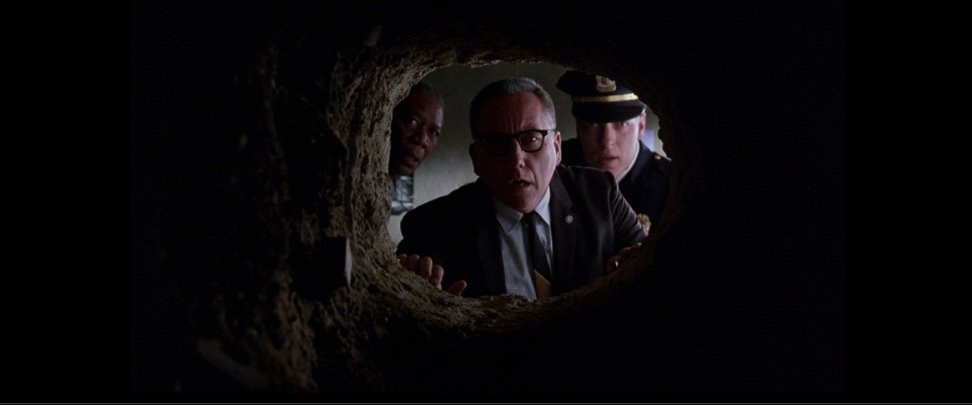
“Are the people nice?”
I recently worked on a show where our dolly grip had to leave, suddenly, due to a family emergency. Life happens, from time to time, and, when it does, I always try to do anything I can to make it easier for someone to leave, as many people in this industry (myself included) have a weird sense of responsibility when it comes to taking days off and upsetting the apple cart.
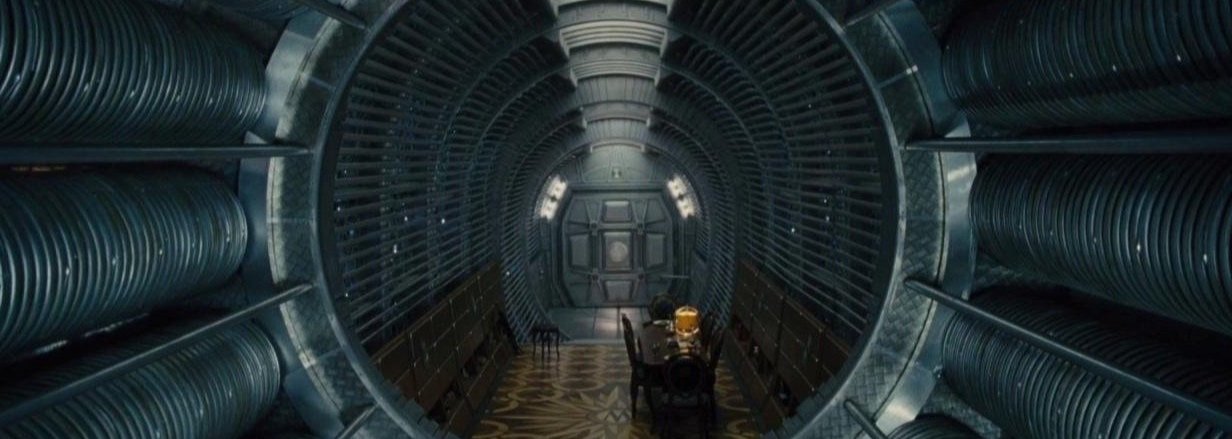
Quick Tip: Get Off The Dolly and Walk
When you have a big dolly run, where your dolly grip is really working to get you through the shot, consider jumping off the dolly and walking back to one rather than riding. Most dolly grips will tell you that you don't need to do this, and if you need to ride to look at something on the way back, of course, that’s a different story.
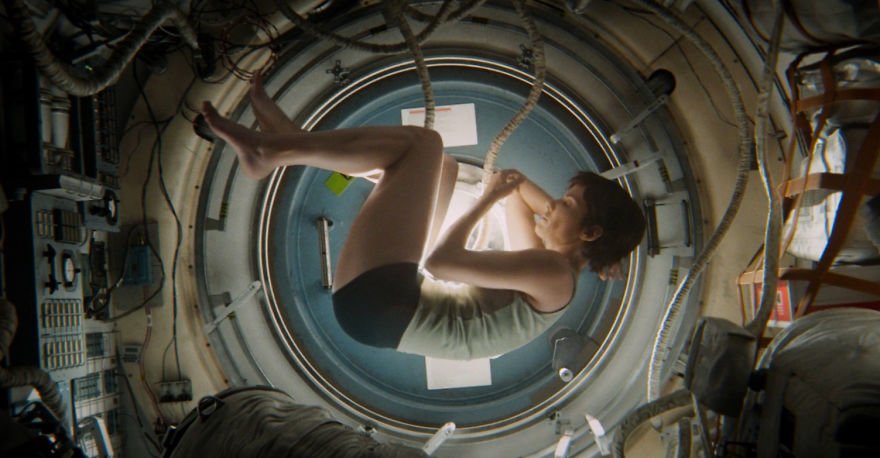
Slumps and Rainy Day Funds
Slumps happen. It's inevitable. The business slows down. You fell out of sync with a crew you work with a lot. The stars don’t align and you just aren’t getting the work. There’s no way around it; in this carny, town-to-town, job-to-job lifestyle that we have all chosen, there are times where you finish a job, have no idea what will come next, and have nothing on the horizon.
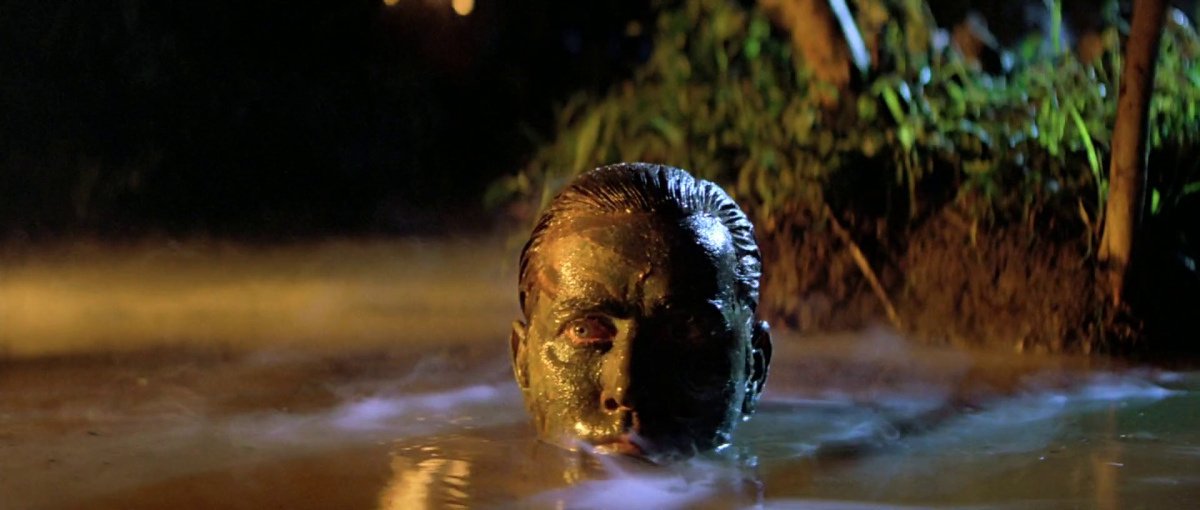
Watching Rehearsals
Watching rehearsals is extremely important for any camera operator and how you do it is going to depend on your personal style and on the actual set and set politics you are currently working in.
Ideally, it’s good to be in the room when the first actors' rehearsals are happening, when they are reading the words and putting the scene up on its feet. I said ideally because some actors and some directors want no one in the room when they rehearse. Usually, at the beginning of a show, I am not invited into those rehearsals and I don't try to be. After a while, once the director and DP get a feel for me, and the actors get to know me, I find that I am usually asked to join them.
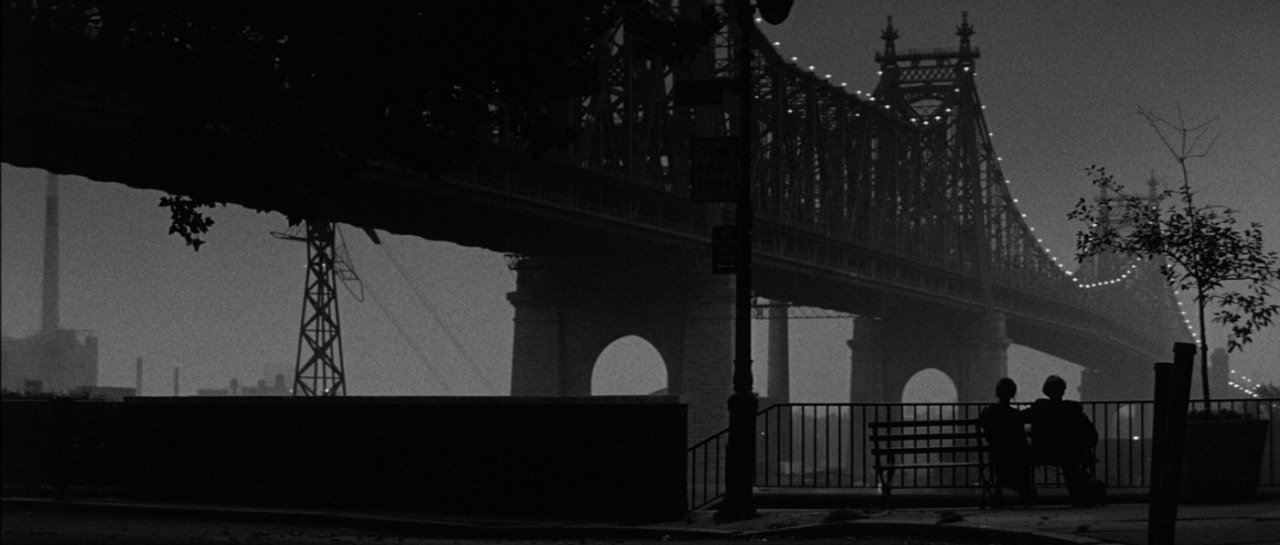
Quick Tip: Don’t Let Them Clean The Windows
OK, in reality, sometimes you have to clean the windows. On a car, in a house, in an office setting–you name it. My point is simply, before you clean a window, make sure it needs to be cleaned. Quite often, you’ll show up to a location and there will be a years’ worth of dust on a window – rain spatter, mud, finger grease – whatever time has collected. This kind of real world set aging can’t be replicated and there are people who will default to running in and cleaning them before you can blink.

Be Like Kiss Guy
This may seem a bit off topic but, trust me, it’s going somewhere.
Have you seen the video of Kiss Guy? If you haven’t, open up the interwebs, and type ‘Kiss Guy’ into Ask Jeeves (or whatever search engine is popular when you are reading this). Or you can click here. I’ll wait.
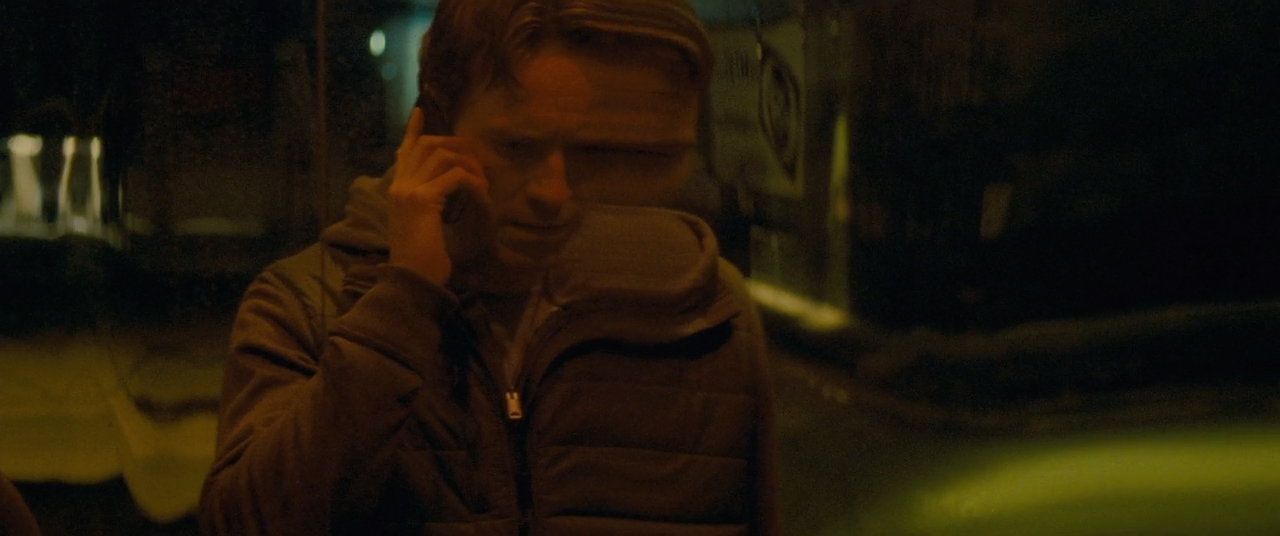
Quick Tip: You Don’t Have To Know Everything
I often find that younger ops are concerned that they don't know all the solutions, don't know all the shortcuts, don't have all the answers. Let me let you in on a secret: none of us do. I can’t tell you how many times I will recognize a problem and turn to ask my dolly grip, my assistant, the DP, the stand-in, anyone I trust in earshot, because I have no idea what the solution is.
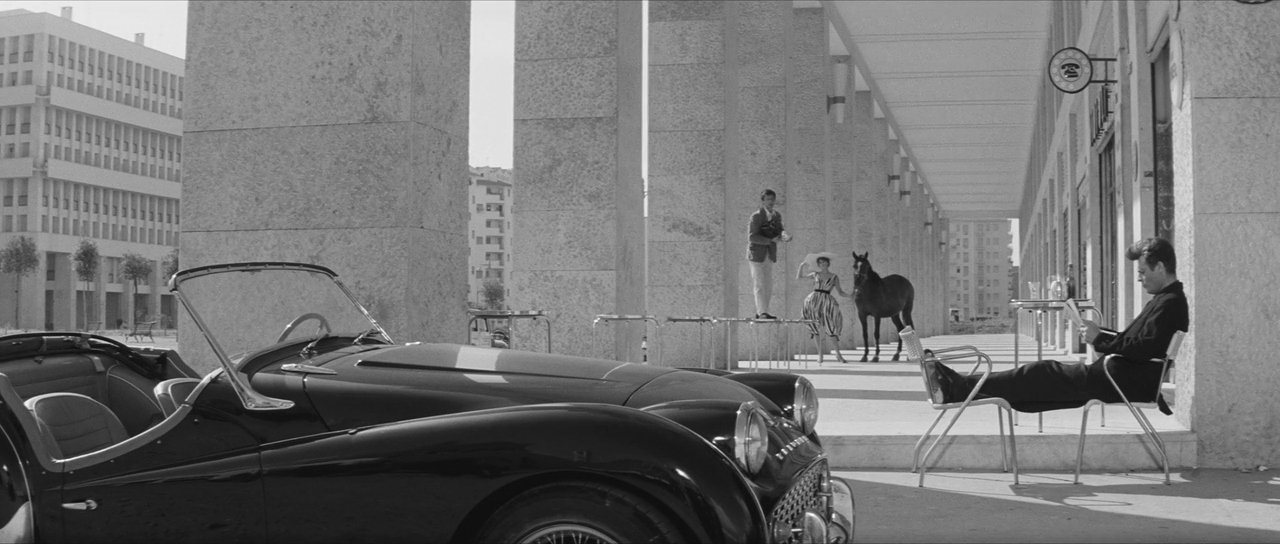
Pitching An Idea Without Messing With Egos
As you get farther on in your career and (hopefully) get better and more comfortable with your skills as a storyteller, two things will happen (well, probably more than two things, but I’ll just talk about two here). First, you will start to work with people who have less experience than you do (much, much less). Second, you will realize that just because someone is in a position (director, DP, actor), that doesn’t mean that they are necessarily good.
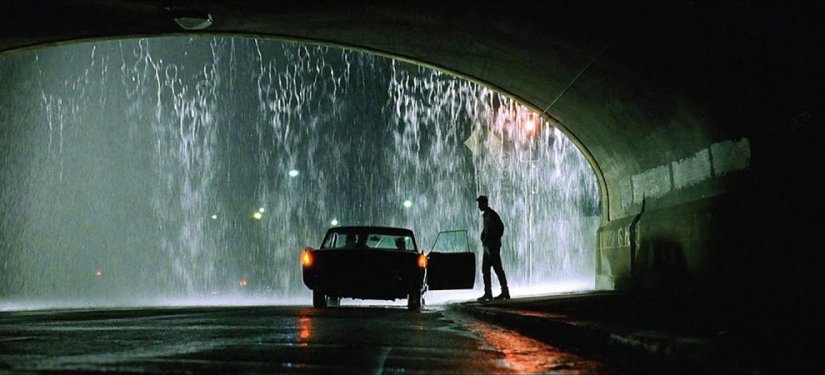
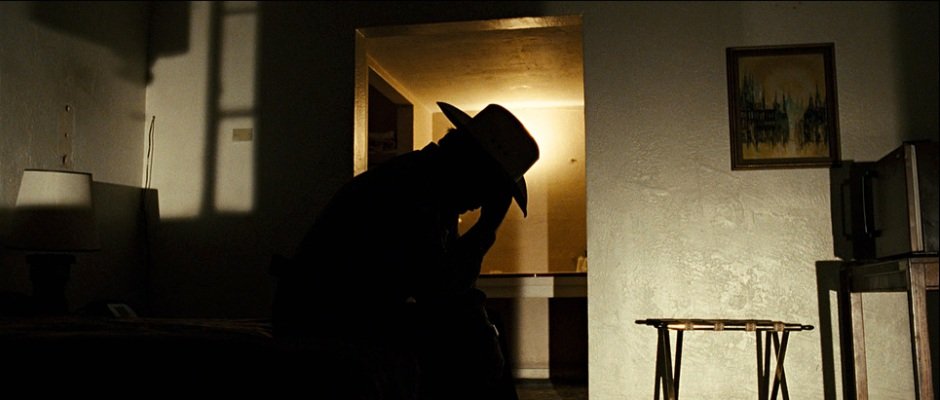
Quick Tip: Don’t Cut
As every shot finishes there is that point where the AD or Director calls cut.
Don’t.
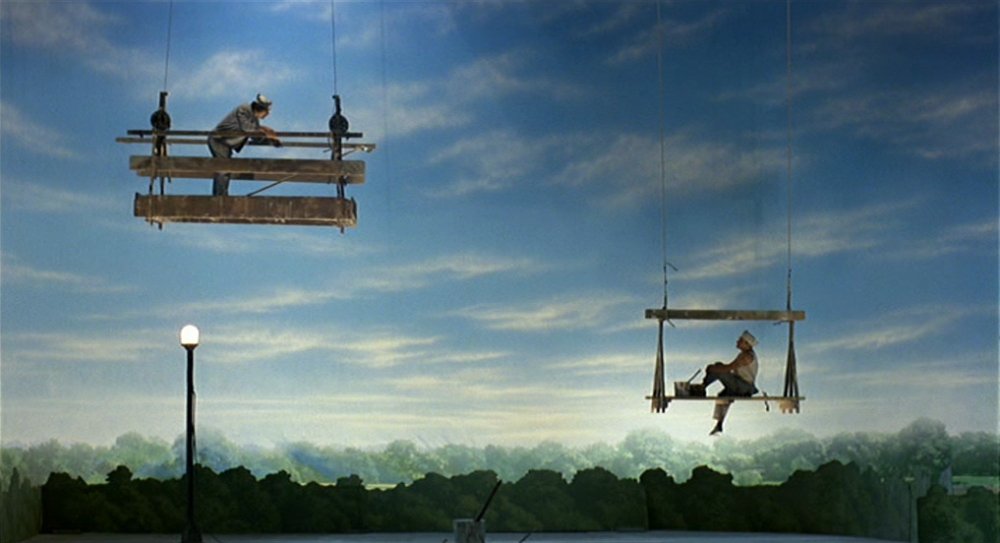
Quick Tip: Protect Your Actors
Marking rehearsal is done, the actors head back to wherever they head back to and it’s time to light and set up the shot. Over the next 10, 15, 45 minutes you will be standing by overseeing the layout of the shot and watching the crew come in and light the set. A lot will happen, things will move and be moved back, flash will be set, you’ll be keeping an eye on everything and both rehearsing the shot, working with set dressing, working with the gaffer and key grip, sound and so much more.
But through that all, don’t forget your actors.
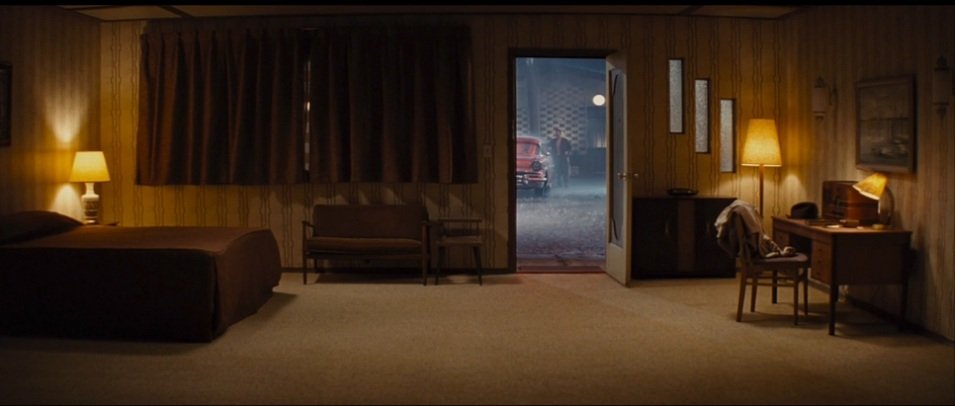
If It Works It Works
As filmmakers, we have all sorts of tools at our disposal: dollies, cranes, Steadicam, handheld, insert cars, drones, and on and on. Sometimes, we can get caught up in the tech and forget about what we are really there to do: to tell stories.

